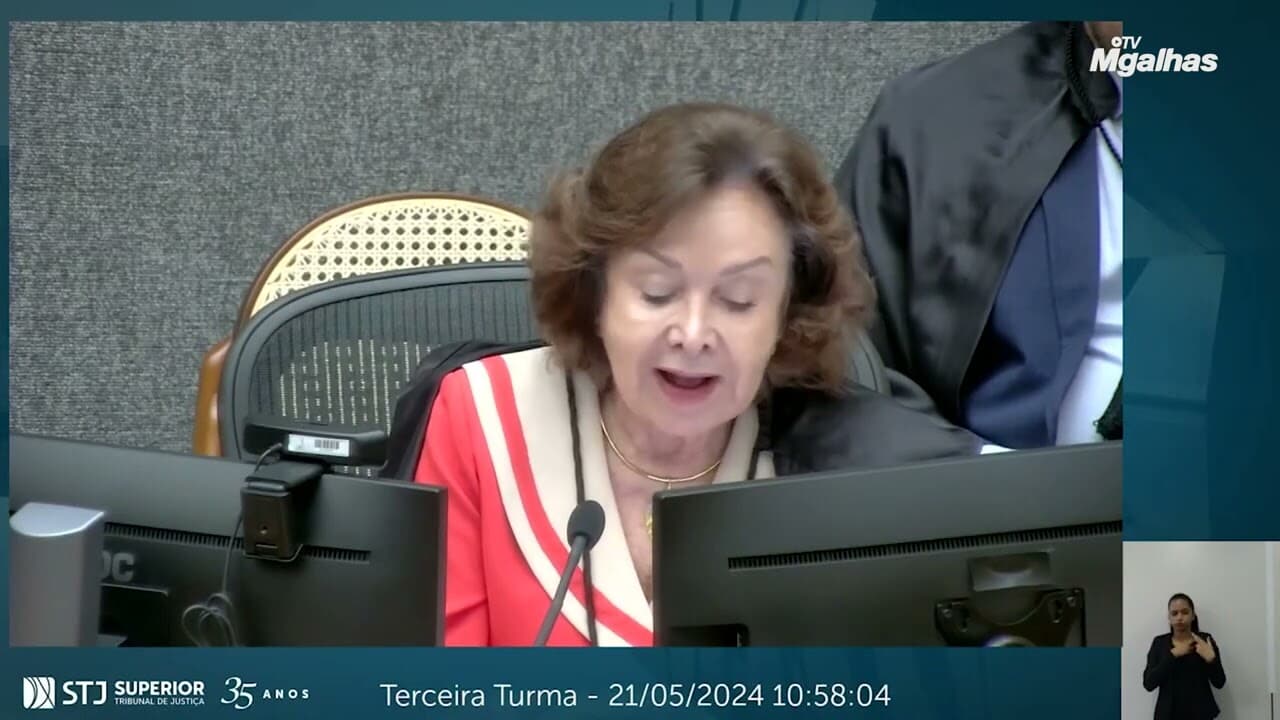Civil right
3rd panel decided that, as the inventory and assets had not been completed, it was not possible to attribute personal responsibility to the heirs for the deceased's condominium debts.
From the Editor
Tuesday, May 21, 2024
Updated at 13:05
This Tuesday, the 21st, the 3rd panel of the STJ decided that, as the inventory and assets were not divided, it is not possible to attribute personal responsibility to the heirs for the condominium debts of the deceased. The unanimous decision followed the vote of the rapporteur, minister Nancy.
According to the rapporteur, in the case in question, the inventory of the assets left by the owner of the property generating the condominium debt is ongoing, and his assets have not been shared. For this reason, the appellants, heirs of the deceased, cannot be immediately, directly and personally responsible for the debt, even if they participated in the sentence enforcement phase by virtue of the rule in paragraph 1 of art. 12, of CPC/73 .
Watch an excerpt of the vote:
In the action, the heirs appeal a decision that maintained the judicial blocking of their personal accounts following a collection action filed by the condominium against their deceased father. They require the removal of personal responsibility for the deceased's debts, until the division in the inventory process has been finalized and the strength of the inheritance has been verified.
For the minister, admitting the liability of heirs and successors before the sharing, only in the presence of a dative inventory, would result in the possibility of one of these heirs causing a conflicting situation capable of generating the appointment of a dative inventory, aiming at the immediate and direct co-responsibility of the other heirs and successors.
"The device cannot be understood as a rule of substitution of part, because, if there is an inventory action in which in part there was an inventory of spouse, heir, successor, and in another part there was a dative inventory, certain debts would be the responsibility of the estate and others of direct and personal responsibility of the heirs or successors, without plausible justification for this distinction."
In the hypothesis under examination, Nancy stated, the inventory of the assets left by the owner of the property generating the condominium debt is ongoing, and his assets have not been shared. For this reason, the appellants, heirs, cannot be immediately, directly and personally responsible for the debt.
Thus, the special appeal was recognized and provided to recognize the impossibility of holding the appellants directly responsible and, consequently, the inappropriateness of the restriction carried out on their personal assets.
The decision was unanimous.
Process: 2,042,040
link: https://www.migalhas.com.br/quentes/407798/stj-herdeiros-nao-respondem-por-dividas-antes-de-concluir-inventario
.

 Mr. Alessandro Jacob speaking about Brazilian Law on "International Bar Association" conference
Mr. Alessandro Jacob speaking about Brazilian Law on "International Bar Association" conference